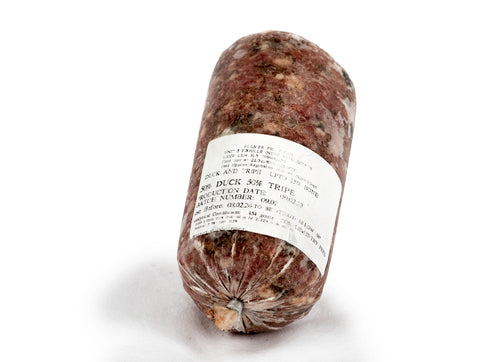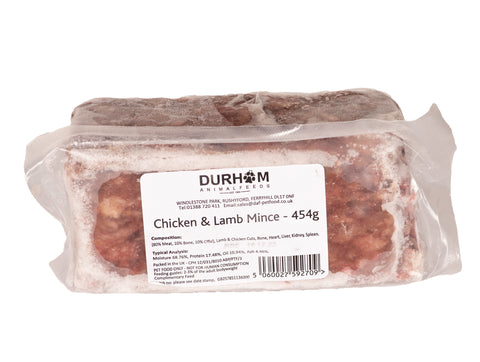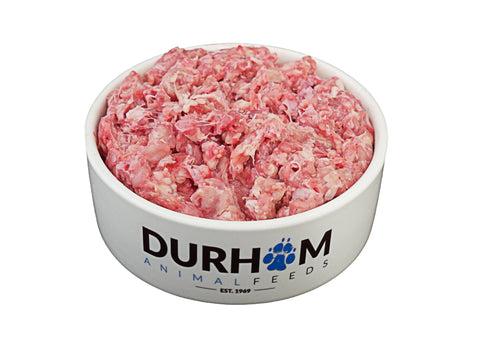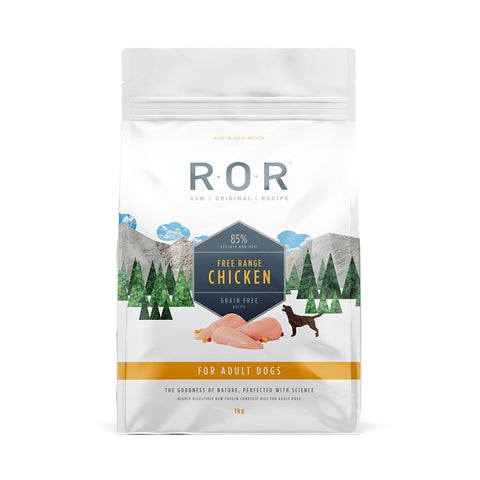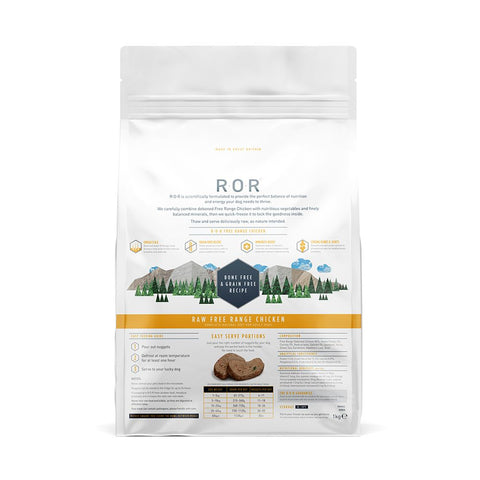Guide To Caring For Chinchillas

The average life expectancy of a chinchilla is 12-15 years, however, some can live to up to 20, so you must be sure you are ready to care for your chinchilla for more than the next decade.
Chinchillas are gentle, intelligent and inquisitive with a dense, highly attractive coat. They are active in the evening but are not purely nocturnal, and are native to the Andes Mountains of Chile in South America. An adult chinchilla will measure about 25 cm long, excluding the tail.
CHOOSING YOUR CHINCHILLA
There are many chinchilla colours available such as light/medium grey, beige, black velvet, mosaic, silver and white. Whichever variety you decide on, your chinchilla should be 12 weeks old before you take him home.
A healthy chinchilla should be:
Bright and alert
Have no signs of discharge from eye, ears, mouth and nose
Have a clean anal area
Have a glossy coat with no bald patches and no have sores on the skin
Should have no signs of breathing problems
Should move around the cage easily
GENERAL CARE
Chinchillas have the densest coat of any land mammal with 60 hairs from a single root. To keep the coat in peak condition, they should be supplied with a dust bath, which should be filled to a depth of 5cm with special chinchilla sand (a mined volcanic dust). The dusting powder is an absorbent porous dust to absorb excessive grease in your chinchilla’s fur. The bath should be placed in the cage for at least 20 minutes each day when your pet is most active. Your chinchilla will roll in the dust bath to clean his coat and keep it soft and silky.
As a rule chinchillas are hardy animals that rarely become ill, although regular checks for overgrown teeth should be made. Should you be concerned about your chinchilla’s health you should consult your vet.
Chinchilla’s teeth grow continuously, so they need something to chew on to keep them at a healthy length. A pumice stone or pieces of wood are recommended, and fresh hay will help too. Grooming your chinchilla not only helps to keep him healthy and clean but helps you to bond with your pet too. Your chinchilla should
be groomed at least once a month and your pet shop will advise you on a suitable comb.
You should never bathe your chinchilla as their dense fur makes it very difficult for them to dry out and may result in them catching a chill. If your chinchilla does get wet keep him warm and use a hair dryer (on the lowest setting and at a safe distance) to dry him.
HOUSING
Chinchillas of either sex may be kept singly, but they love company so it is better to keep a pair. A pair of chinchillas will snuggle up together to sleep, and if you wish to keep a pair they must be of a single sex,
purchased between three to five months old and introduced to their accommodation at the same time – otherwise they may fight.
Accommodation should be as large as possible and be escape-proof.
The cage should be of wire-mesh construction with a raised wire-mesh floor to prevent the coat from becoming soiled. A removable tray placed under the floor will make it easier to keep the cage clean. This can be covered with wood shavings, cat litter or newspaper.
Chinchillas love to climb and the ideal cage will have different levels of wooden shelves. If you intend on expanding your chinchilla’s cage, extend its width, not height as they can fall and injure themselves.
Chinchillas do not like damp or draughty conditions, nor should the cage be placed in direct sunlight. Chinchillas will start to suffer if the environmental temperature rises above 20C due to their thick fur, which makes it hard for them to cool down. They can tolerate the cold within reason.
A chinchilla enclosure must be furnished with an interesting selection of natural, non-toxic wood branches (such as apple or pear tree branches), shelves, pipes and gnaw blocks of cuttlefish or mineral stone. Chinchillas
become bored easily if kept on their own, so it is worthwhile changing or moving cage contents on a regular basis. A nest box with some hay bedding can also be provided.
FOOD AND WATER
Your chinchilla should be fed on a diet of specially prepared chinchilla pellets, which your pet will typically sit up and hold between its front paws.
It is important that your chinchilla has constant access to good quality hay to provide essential roughage.
As a treat a few raisins or other dried fruit could be offered, but only in small amounts and fed occasionally.
Any changes to the diet must be made gradually. Fresh water should be provided daily in a chew proof gravity-fed water bottle.
HANDLING
Chinchillas do not respond kindly to rough handling, but if approached correctly they will respond to gentle handling and rarely bite.
To accustom your chinchilla to being handled, first just place your hand into the cage and your chinchilla will then get used to you.
Gently pick up your chinchilla with the whole body supported, by placing one hand behind the shoulders and the other hand underneath your chinchilla. Hold your chinchilla close to your chest with one hand holding the base of the tail gently but firmly.
Chinchilla’s also shed their fur when frightened; this is a defence mechanism so predators are left with a mouthful of fur.
Chinchillas can be allowed out into a chinchilla-safe room. Make sure that toilet doors are closed as they drown easily and any exposed wires are covered up.

SHOPPING LIST
Cage
Food dish and food
Shelves
Water bottle
Litter
Bottle brush
Nest box
Hay and hay rack
Chinchilla sand
Dust bath
Cuttlefish
Brush and comb
A book on chinchilla care
The Animal Welfare Act 2006 means all pet owners have a legal duty of care to their pets. Anyone who is cruel to an animal or is found not to be providing the five animal welfare needs, as listed below, can be
fined and sent to prison.
The Five Animal Welfare needs:
1. Environment: Pets should be given the correct housing according to its size, this includes shelter, space to exercise and a secure, comfortable place to rest.
2. Diet: Pets should be offered the correct type and volume of food to cover all their nutritional needs alongside access to clean, fresh water.
3. Behaviour: All pets should be allowed to exhibit normal behaviour patterns and should be provided with the facilities to do so.
4. Company: Some animals require the company of their own kind, whilst others should be kept on their own.
5. Health: All animals should be protected from pain, suffering, injury and disease, and given veterinary treatment if they become sick or injured.
Credit to The Pet Charity www.thepetcharity.org.uk
Registered Charity No: 1052488

